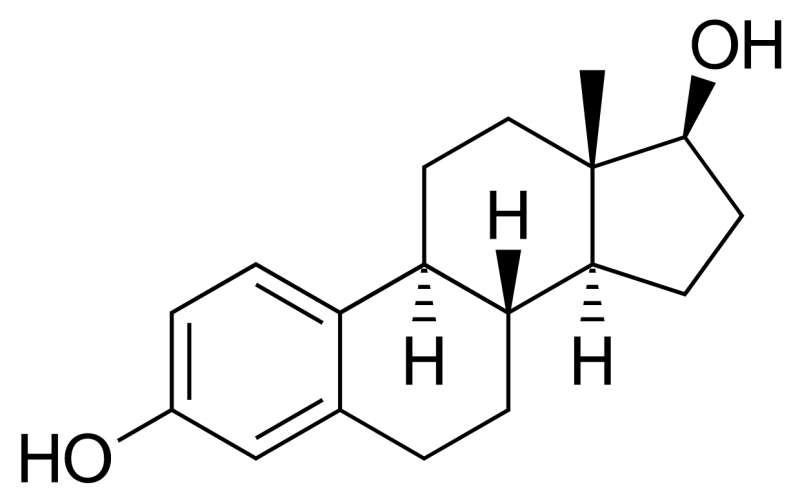Breakthrough in Microglia Replacement Could Revolutionize Brain Cell Therapy

An international research team led by Professor Kiavash Movahedi from the Brussels Center for Immunology at the Vrije Universiteit Brussel has made a significant discovery regarding the replacement of microglia, the brain's primary immune cells. Published in the journal Immunity, their findings present a potential breakthrough in treating neurodegenerative diseases like Alzheimer's and Parkinson's. Microglia play a crucial role in maintaining healthy brain function, but their dysfunction is linked to the progression of various neurological disorders.
Traditional understanding held that microglia originate early during embryonic development and sustain themselves without replacement from blood cells. This unique origin made replacing defective microglia particularly challenging. However, the team demonstrated that specific strategies can enable certain white blood cells, known as monocytes, to cross the blood-brain barrier and integrate into the brain as microglia-like cells.
While these monocyte-derived cells can mimic microglia functions, they do not fully replicate the molecular identity of native microglia, which could limit their effectiveness. A critical insight from the study shows that only monocytes originating from embryonic precursors can develop into fully functional microglia, highlighting the importance of cell origin in therapeutic applications.
The researchers envision future therapies utilizing embryonic or stem cell-derived microglia-like cells to replace dysfunctional microglia in patients. They are also exploring ways to enhance these cells so they can produce therapeutic substances directly within the brain, actively combating disease processes.
Their work builds on collaborative international efforts, including studies demonstrating that such cell replacement therapies can improve brain conditions in animal models. As neurodegenerative diseases continue to pose growing health challenges, these findings foster hope for innovative treatments that address root causes rather than just symptoms, paving the way for personalized and more effective brain therapies.
Stay Updated with Mia's Feed
Get the latest health & wellness insights delivered straight to your inbox.
Related Articles
FDA Approves Over-the-Counter Glucose Monitoring System for Weight Management
The FDA has approved the Signos Glucose Monitoring System for over-the-counter use, helping individuals manage weight and improve metabolic health through personalized, AI-driven insights.
Addressing Global Disparities in Cancer Research Funding
A comprehensive study reveals stark inequalities in global cancer research funding, emphasizing the urgent need for increased investment in lower-income countries to combat rising cancer rates worldwide.
US Health Experts Prepare to Reevaluate Risks Associated with Hormone Replacement Therapy
US health authorities are set to review the safety of hormone replacement therapy, a common treatment for menopausal symptoms, amid ongoing debates over its potential risks and benefits.
Quick Foot Scan Could Prevent Amputation: A Breakthrough in PAD Detection
A new, rapid ultrasound-based method could enable early detection of peripheral artery disease, reducing the risk of foot ulcers and amputations with a simple, under-one-minute scan. Developed from existing ultrasound tech, this approach promises to transform PAD diagnosis and treatment.



